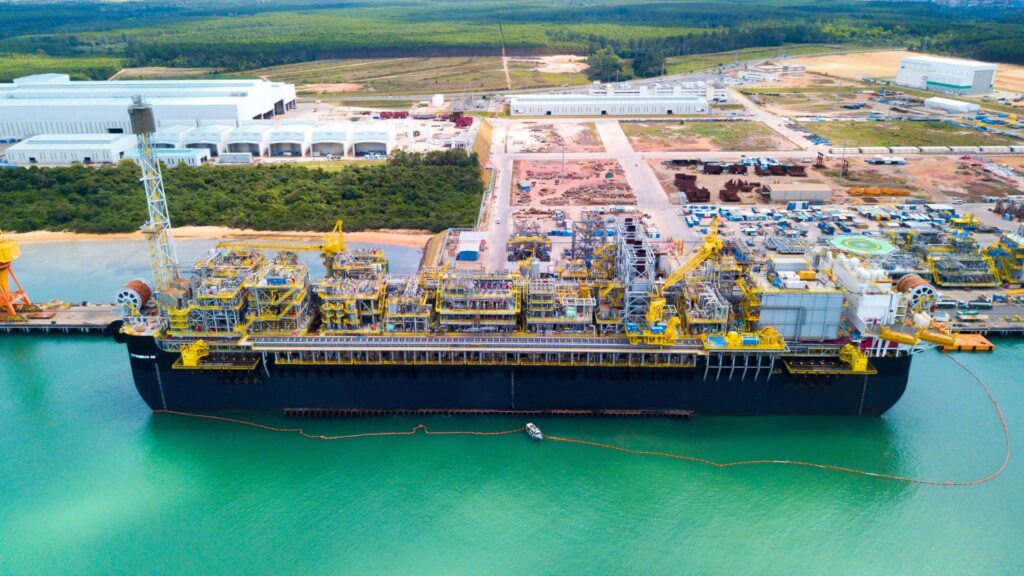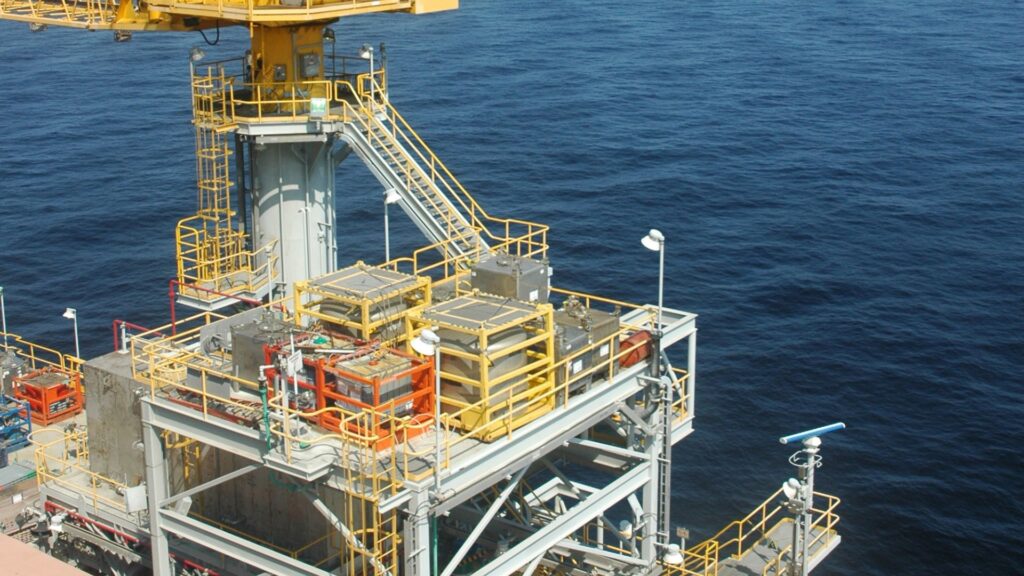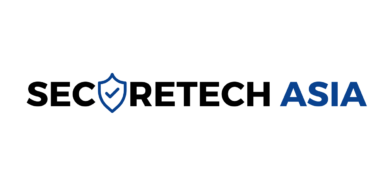The MODU code regulations for security systems were developed by the International Maritime Organization (IMO) and provides comprehensive guidelines and regulations for the design, construction, and the operation of security systems on offshore drilling units.
These regulations are crucial for ensuring the safety and security of personnel, the environment, and the infrastructure involved in offshore drilling operations. A key aspect of these regulations is the security system requirements, which aim to safeguard against various threats and risks. This blog delves into the security system regulations outlined by the MODU Code (Marine Offshore Drilling Units Code), highlighting their importance and implementation.

Overview of the MODU Code
The MODU Code was first adopted in 1979 and has undergone several revisions to address the evolving challenges in the offshore drilling industry. The latest version incorporates advancements in technology and operational practices, ensuring that the regulations remain relevant and effective. The Code applies to all mobile offshore drilling units operating in international waters, providing a standardized framework for safety and security.
Key Security System Regulations
Restricted Areas: The MODU Code mandates the establishment of restricted areas on offshore units to prevent unauthorized access. These areas typically include control rooms, machinery spaces, and other critical zones.
Identification Systems: Security measures such as identification badges, biometric systems, and electronic key cards are recommended to control access and ensure that only authorized personnel can enter sensitive areas.
CCTV Cameras: The installation of closed-circuit television (CCTV) cameras is crucial for monitoring activities on the unit. Cameras should cover key areas, including entry points, decks, and restricted zones.
Remote Monitoring: In addition to on-site surveillance, remote monitoring capabilities allow for real-time observation and response from onshore facilities or centralized security operations centers.
Intrusion Alarms: Intrusion detection systems are required to alert security personnel of unauthorized access attempts. These alarms should be integrated with surveillance and access control systems for a coordinated response.
Emergency Alarms: Emergency alarm systems, including fire and gas alarms, must be in place to ensure the safety of personnel and the unit in case of emergencies. These systems should be regularly tested and maintained.
Network Security: With the increasing reliance on digital systems, cybersecurity is a critical component of the MODU Code. Measures such as firewalls, encryption, and secure communication protocols are essential to protect against cyber threats.
Incident Response: A well-defined incident response plan is necessary to address cyber attacks promptly. This includes regular vulnerability assessments, patch management, and the ability to isolate affected systems to prevent the spread of malware.

Emergency Preparedness
Evacuation Plans: The MODU Code requires comprehensive evacuation plans to ensure the safe and orderly evacuation of personnel in case of an emergency. These plans should be regularly drilled and updated.
Communication Systems: Reliable communication systems are essential for coordinating emergency responses. This includes both internal communication within the unit and external communication with rescue services and onshore facilities.
Get the Right Team for Implementation and Compliance
Ensuring compliance with the MODU code regulations for security systems requires a proactive approach. Offshore drilling units must conduct regular audits and inspections to identify and rectify any deficiencies. Collaboration with regulatory bodies and industry stakeholders is essential to stay informed about updates to the Code and best practices in security management.
Team Vivo Asia has over 10 years of experience in the design and installation of security systems in compliance with the MODU code for FPSO vessels and offshore platforms. We are well-versed in industry regulations and have a proven project process.


